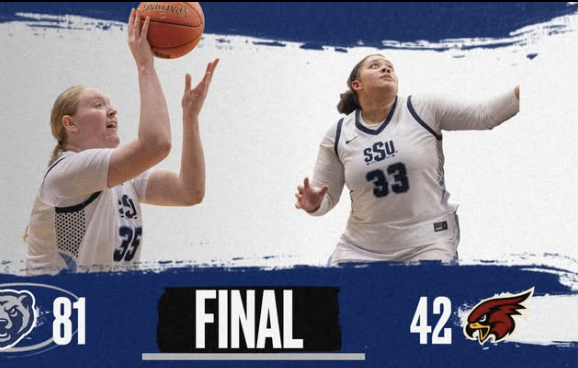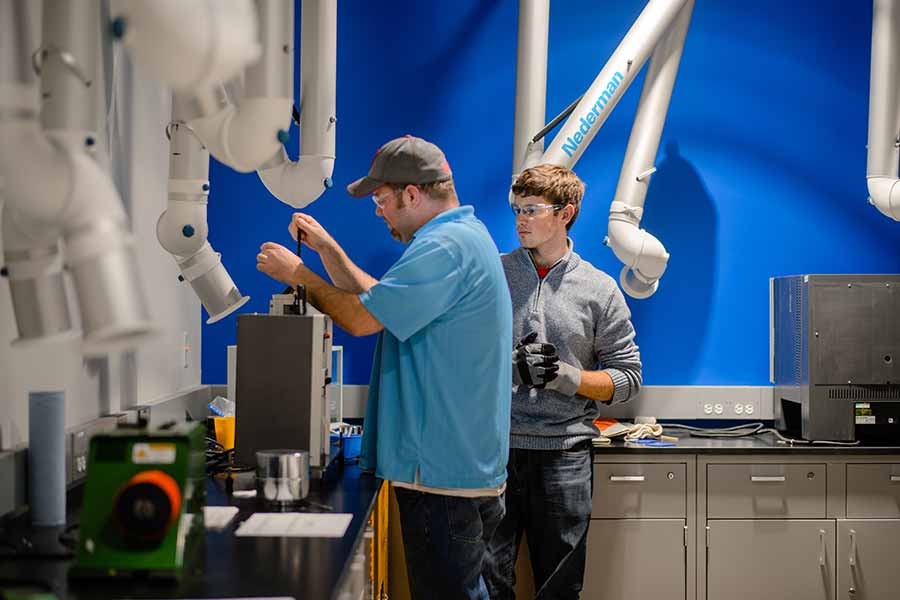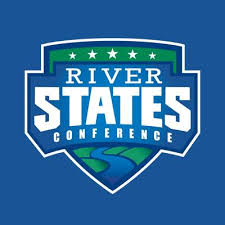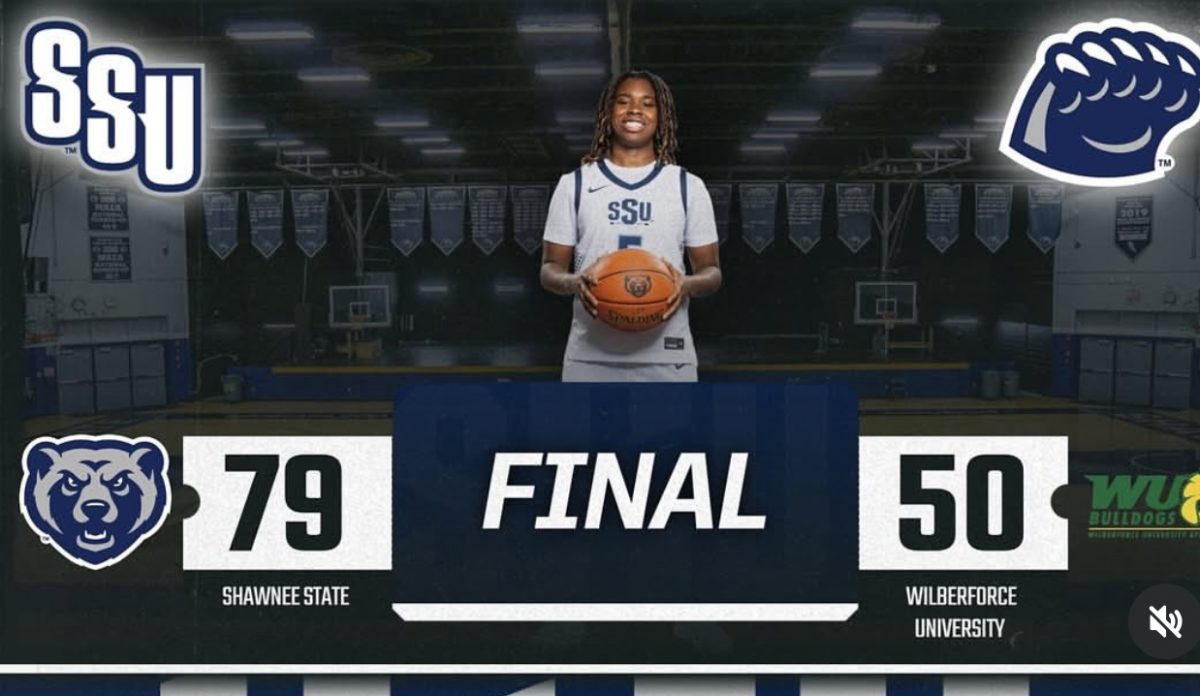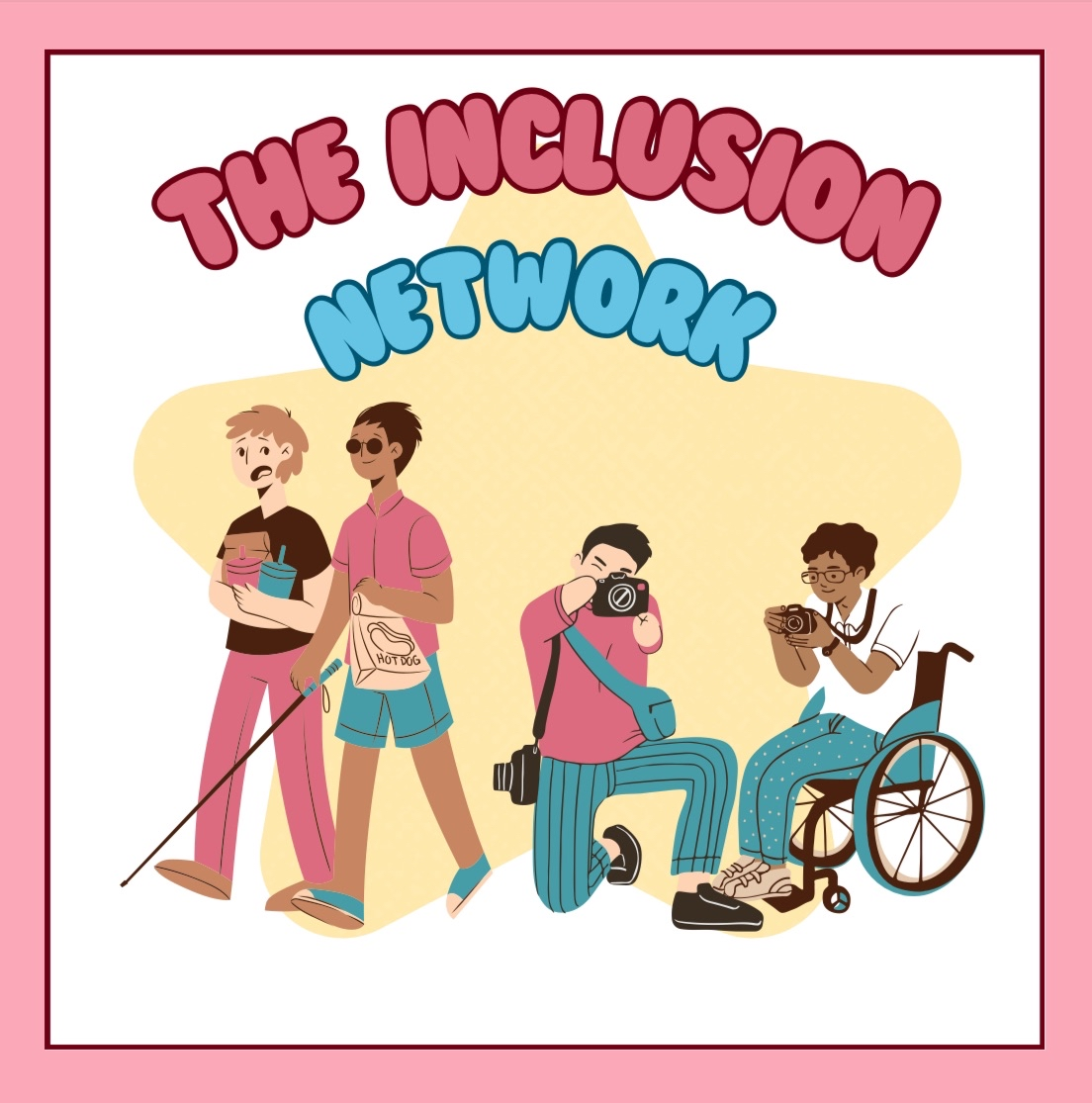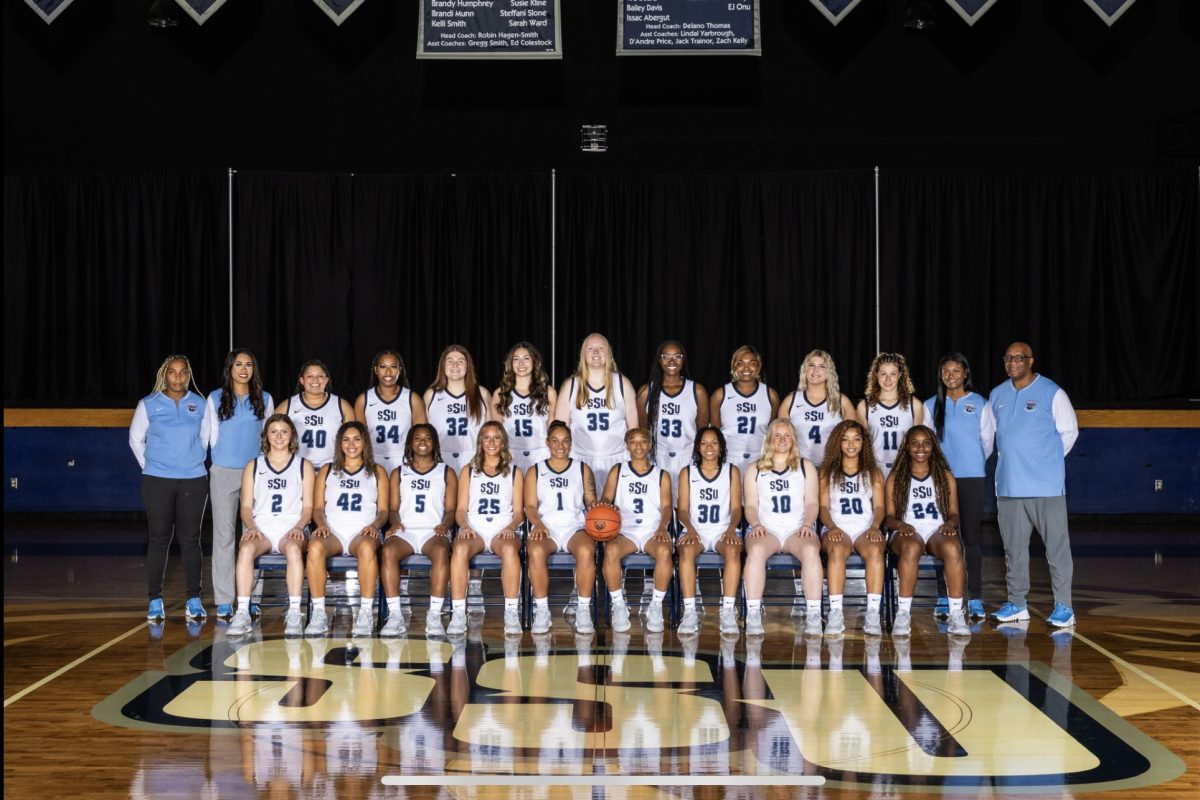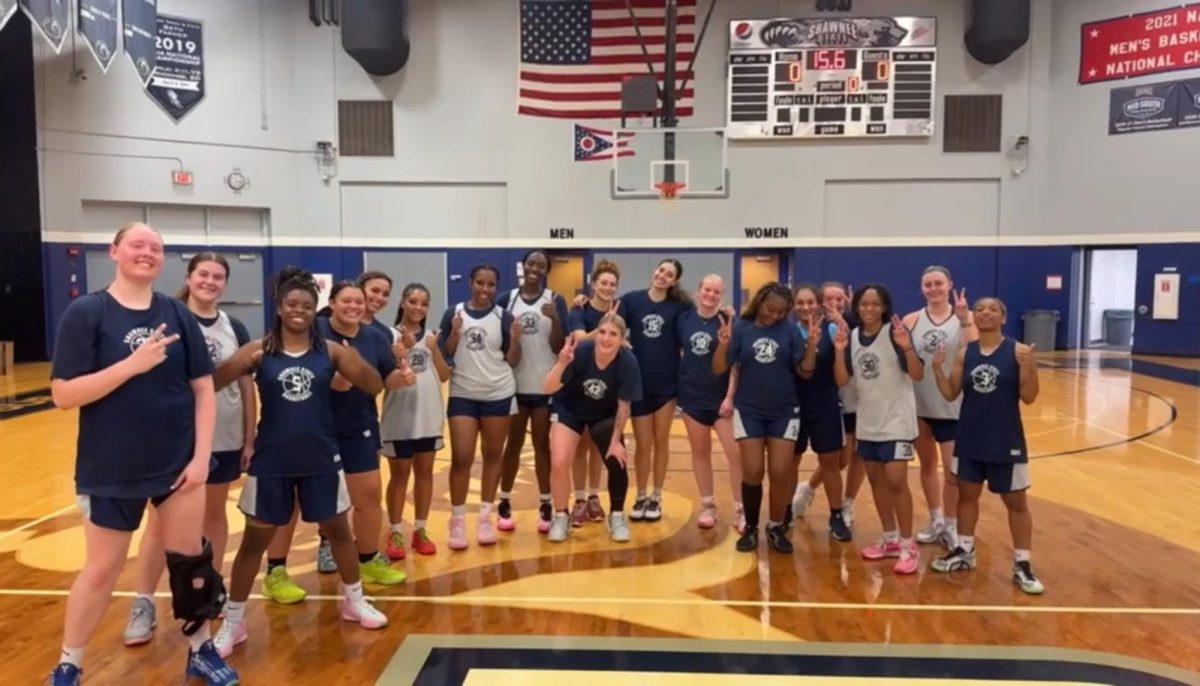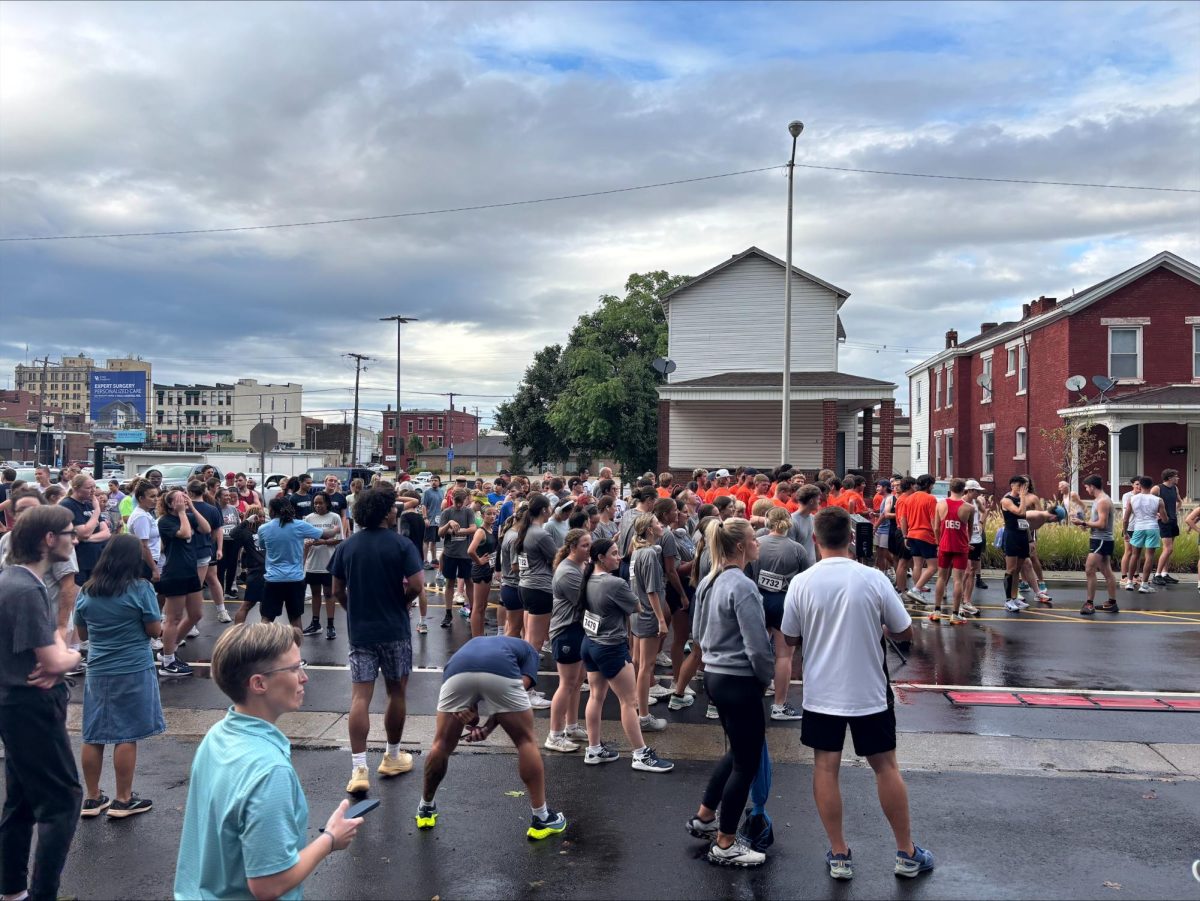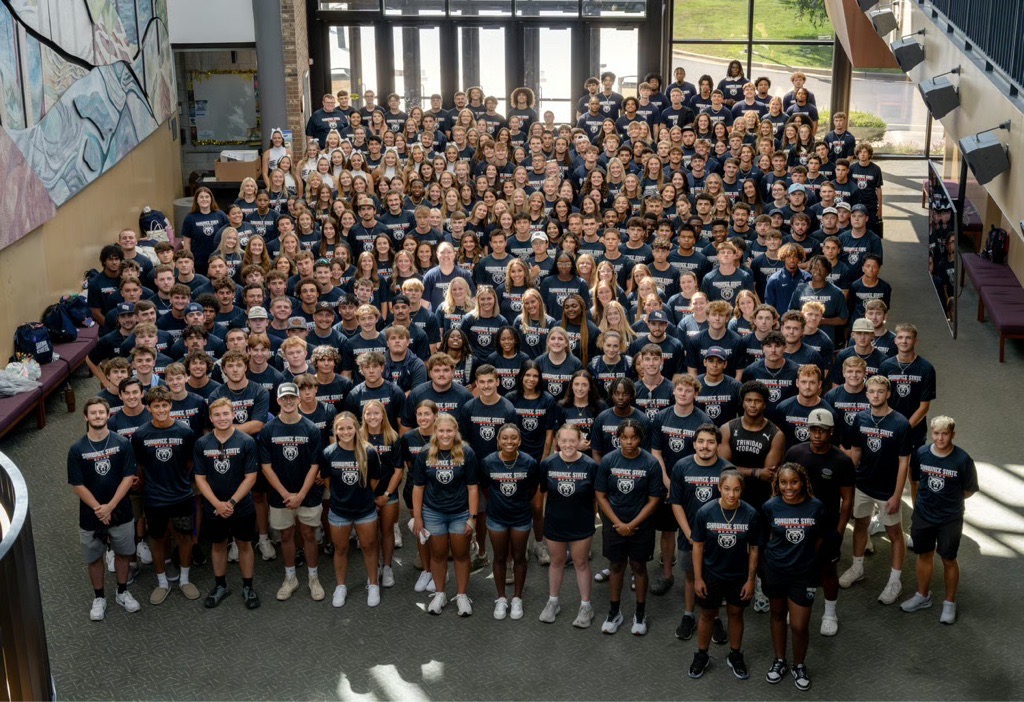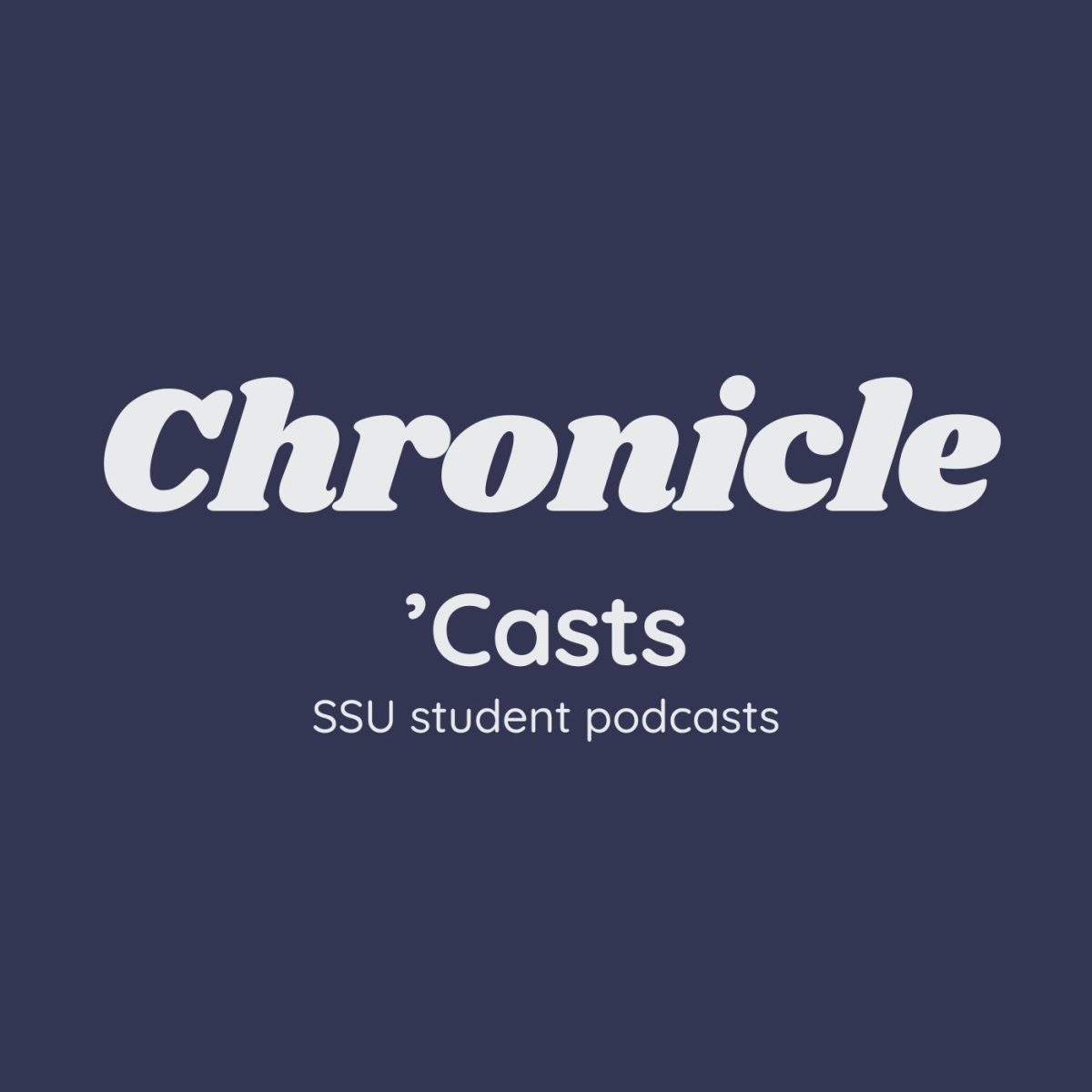University of Pikeville quarterback Tayden Carpenter, who is from Ironton, Ohio, can’t wait to put to work the new AT&T deaf helmet, a groundbreaking device developed in coordination with Gallaudet University to enhance communication for deaf athletes on the football field. The new helmet has a visual display system built into the visor, which allows players to receive information about the plays right away from coaches instead of through hand signals or written notes. For Carpenter, who now relies on hand signals and visual cues to communicate with his team, this could prove to be a game-changer.
While Carpenter and his teams have learned to work around his unique way of communicating, he admits that there are definitely difficulties, particularly when things start moving quickly.
“We’ve developed a system that works, but it can be challenging, especially in fast-paced moments where timing is critical,” he said. He believes the AT&T helmet would greatly reduce these challenges by having a far more efficient way to relay instructions.
The helmet uses an internal visor visual display to deliver coaching instructions, in turn granting real-time communication with deaf players without having to rely on complicated hand gestures. Carpenter says it could be a total game-changer for younger athletes, who would feel more a part of the team and confident on the field.
However, Carpenter said that, for his part, he has some doubts about its dependability in the game.
“My biggest concern is whether the technology will be reliable under game conditions,” he said after mentioning that he also hopes it’s not going to be a distraction for him as he scans the field.
In addition to improved communication, Carpenter said he believes that the AT&T helmet would make opportunities available for deaf athletes in higher levels. He said if it does well at the college level, then it can encourage more deaf players to pursue their professional sports careers with a guarantee that the communication problem is no longer an issue to them.
Carpenter still remains hopeful that the helmet will do more than help him but also further open doors of accessibility and inclusion for all deaf athletes at every level in football.


